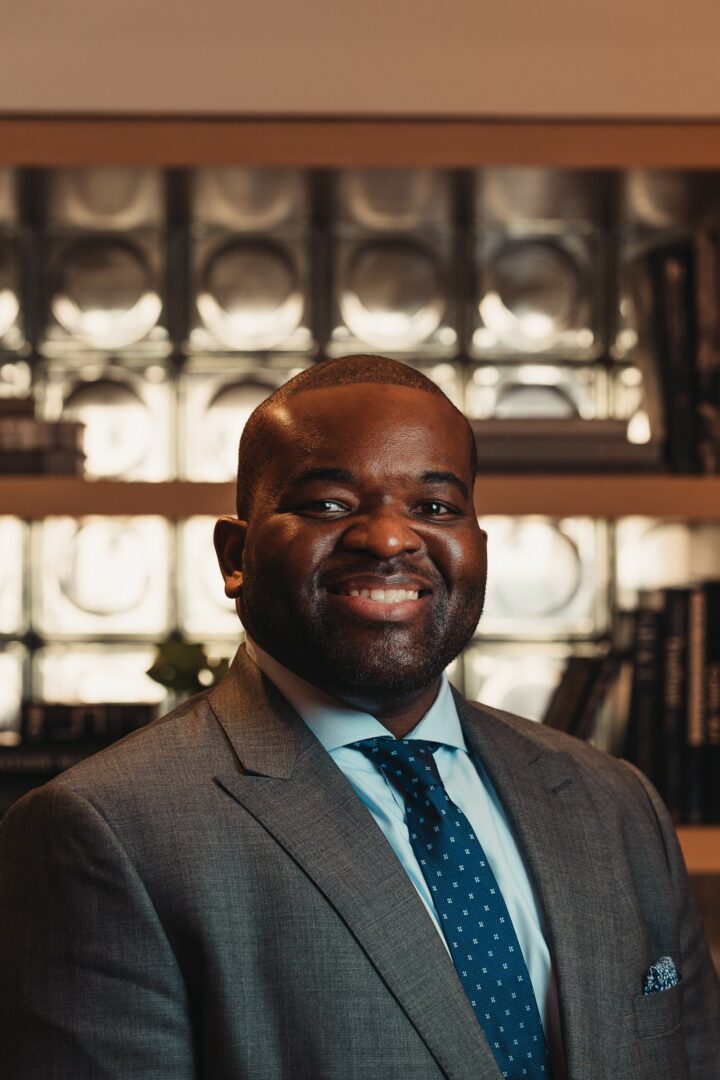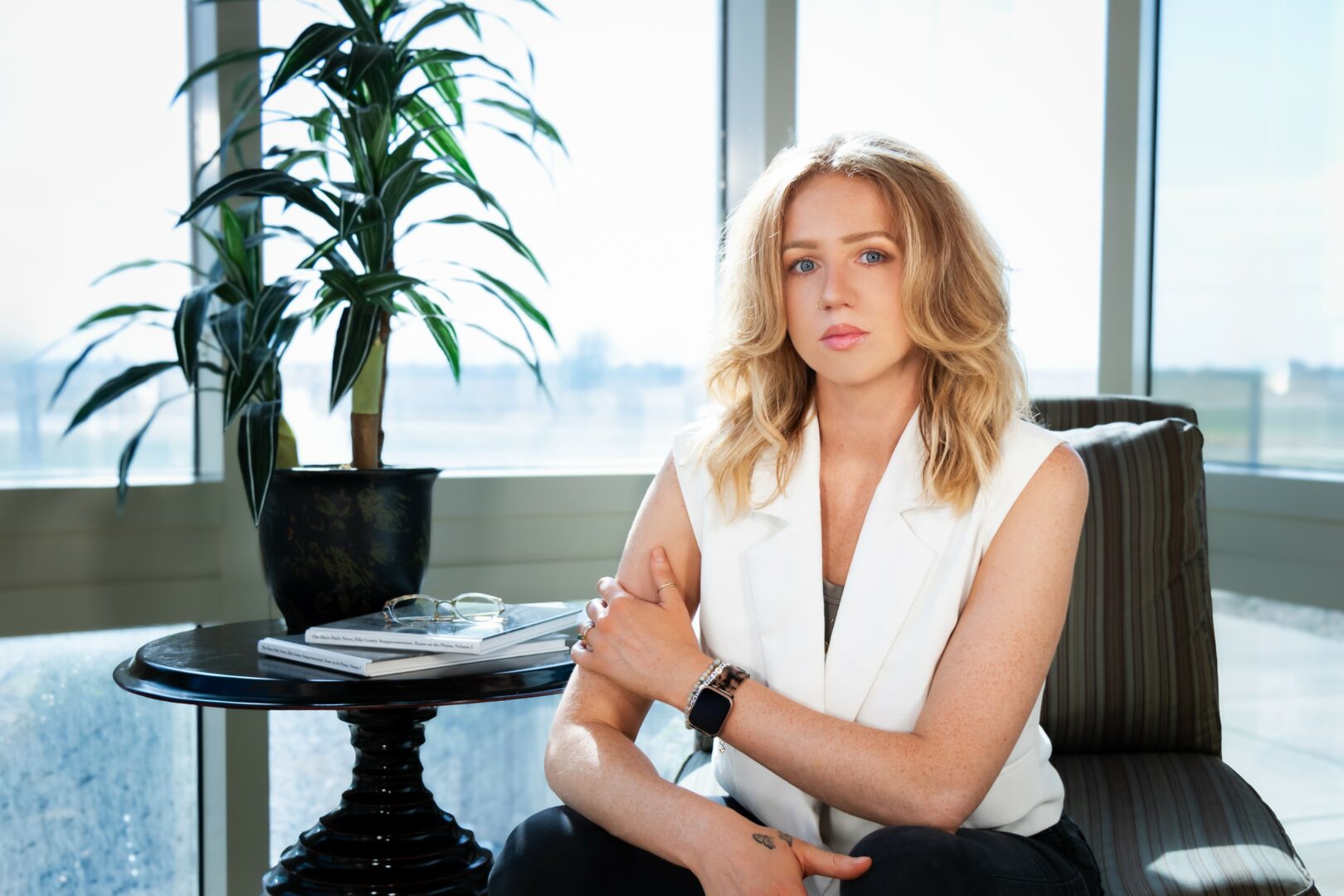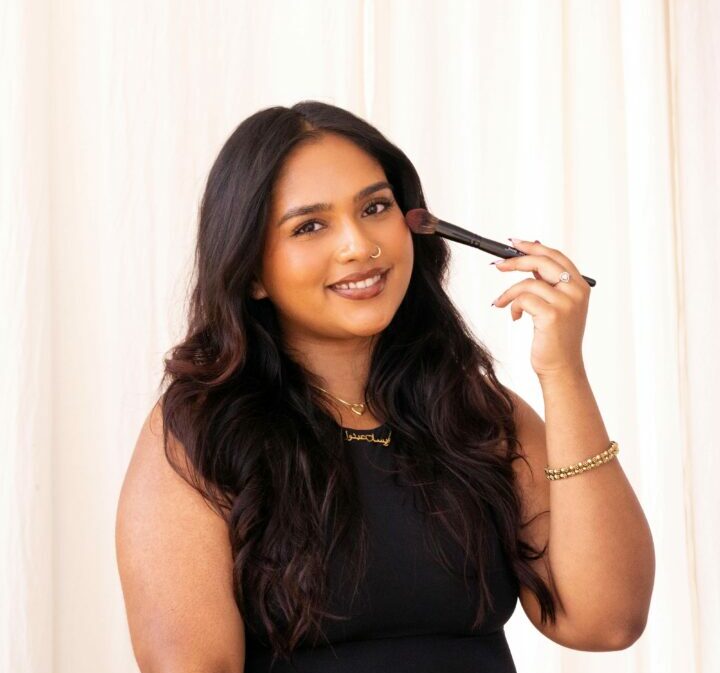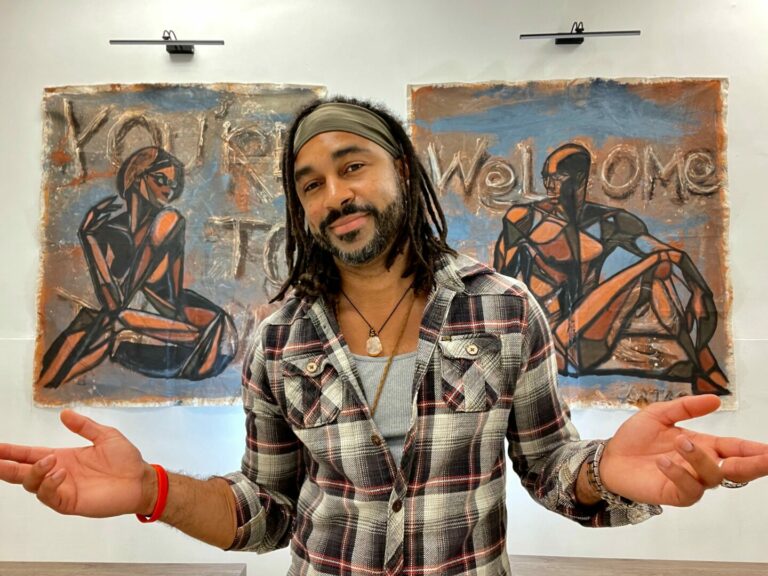We’re excited to introduce you to the always interesting and insightful Edgar Ndjatou. We hope you’ll enjoy our conversation with Edgar below.
Edgar, so good to have you with us today. We’ve always been impressed with folks who have a very clear sense of purpose and so maybe we can jump right in and talk about how you found your purpose?
I found my purpose at the intersection of advocacy, human connection, and the workplace. Early in my career as an employment attorney, I saw firsthand how much a person’s job affects their sense of dignity, identity, and security. I worked with individuals who were capable and motivated, yet found themselves in environments that were unfair, unsupportive, or toxic — and it was clear that solving workplace challenges required more than just legal compliance. It required empathy, systems thinking, and a genuine commitment to people.
That realization shaped my professional path. I began focusing not only on helping employees understand their rights but also on helping employers create systems where those rights were naturally respected. Over time, I came to see that one of the best ways to make workplaces more just and effective wasn’t just through litigation or policy, it was through proactive, values-driven management and HR strategy.
Founding Officium, LLC gave me the opportunity to fully live that purpose. “Officium” means service in Latin, and that’s exactly how I view my work: helping organizations serve their people well while achieving their goals. My mission is to equip leaders with the tools, systems, and mindset to build workplaces where people thrive, feel heard, and find meaning in what they do.
Through this work, whether consulting, mediating, or teaching, I’ve found purpose in bridging the gap between law, leadership, and humanity. I believe that when we elevate how we treat people at work, we don’t just improve organizations; we strengthen communities. And that’s the kind of impact that continues to drive everything I do.
Let’s take a small detour – maybe you can share a bit about yourself before we dive back into some of the other questions we had for you?
My professional journey has always centered around one core belief: workplaces should be places where people feel valued, respected, and able to thrive. That belief has shaped both my consulting work and my nonprofit leadership.
I am the Founder and Managing Director of Officium, LLC, an HR and management consulting firm that helps organizations build strong, healthy, and sustainable workplaces. I started Officium because I saw how often organizations struggle when HR systems, communication norms, or workplace culture are treated as afterthoughts. The name Officium means service, and that reflects our approach: we help leaders create cultures where people are supported, expectations are clear, and work feels purposeful, not just transactional. What excites me most about this work is watching teams transform when they shift from reacting to problems to proactively designing systems that honor both the business and the people who make the business possible.
In addition to my consulting practice, I serve as the Executive Director of Workplace Fairness, a national nonprofit that provides workers, advocates, and the public with information about employee rights and workplace justice. Our mission is to ensure that everyone understands what they are entitled to at work, regardless of income, background, or job title. This work is especially meaningful to me because access to clear, reliable information can be the difference between someone feeling powerless and someone being able to advocate for themselves.
My career began as an employment attorney, and that foundation continues to influence how I approach leadership and conflict resolution. I believe deeply in the power of dialogue, transparency, and dignity. My work emphasizes moving inclusion from aspiration to implementation — helping organizations build systems that genuinely support belonging and respect, because inclusion must be lived out in everyday practice, not just stated as a value.
Across everything I do, whether consulting with startups and nonprofits, training managers, advising executives, or providing public education through Workplace Fairness, my focus remains the same: to help organizations treat people like people – not just a means to an end.
I want leaders to know that doing work well and treating people well are not competing priorities. In fact, they are the foundation of high performance, strong collaboration, and lasting organizational success. And helping leaders make that shift—that’s the work that energizes me every day.
There is so much advice out there about all the different skills and qualities folks need to develop in order to succeed in today’s highly competitive environment and often it can feel overwhelming. So, if we had to break it down to just the three that matter most, which three skills or qualities would you focus on?
Looking back, three qualities have been especially impactful in my journey: deep listening, systems thinking, and ethical judgment. My background in mediation taught me that most workplace challenges stem from communication gaps rather than intentions. Learning to really listen—to understand what people need, what they fear, and what they value—has helped me defuse conflict, guide difficult conversations, and build trust. Developing systems thinking has also been essential. Healthy workplaces don’t happen by accident; they are built through clear policies, fair processes, and thoughtful culture design. I’ve learned that when organizations invest in simple, intentional structures, they prevent problems, strengthen relationships, and make room for people to thrive. Finally, ethical judgment is at the core of my work, especially when supporting workplaces in managing change, adopting new technologies like AI responsibly, or navigating issues of fairness and inclusion. Doing the right thing requires clarity of values and the willingness to slow down and ask, “Who could be impacted, and how do we make this fair?”
For those earlier in their journey, my advice is to treat these skills as daily practices. Practice listening by reflecting back what you hear before responding. When building systems, start small—map one process, write one clear expectation, create one consistent feedback ritual. And when facing hard decisions, take time to consider who is affected and what fairness looks like in real terms. Small, steady improvements in these areas compound over time and will serve you in every role, team, or organization you are part of.
One of our goals is to help like-minded folks with similar goals connect and so before we go we want to ask if you are looking to partner or collab with others – and if so, what would make the ideal collaborator or partner?
I’m always open to thoughtful partnerships and collaborations. I collaborate with founders, HR leaders, and COO/ops teams who want to build practical, people-centered systems (hiring, onboarding, performance, pay transparency, and ethical AI/tech use). I also partner with law firms and fractional GCs that want a preventative, culture-forward HR lens for their clients; benefits/EAP, training, and leadership development providers to deliver integrated people solutions; and accelerators, VCs, and ecosystem builders seeking actionable programming for early-stage companies.
Contact Info:
- Website: https://www.officiumdc.com
- Instagram: https://www.instagram.com/officium_consulting/
- Facebook: https://www.facebook.com/OfficiumConsulting/
- Linkedin: https://www.linkedin.com/in/edgarndjatou/
- Other: LinkedIn Company Profile: http://www.linkedin.com/company/officiumconsulting
LinkedIn Newsletter: https://www.linkedin.com/newsletters/7358678269728018432/
Scheduling Link: https://calendly.com/officiumllc
Monthly Newsletter Sign Up Link: https://zcvrp-zgvfh.maillist-manage.com/ua/Optin?od=11287ecb80a6e7&zx=12918dd4f&lD=1abb19aee62f3f4f&n=11699f750c18b27&sD=1abb19aee630f2f8
so if you or someone you know deserves recognition please let us know here.




